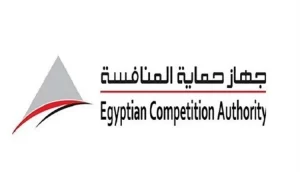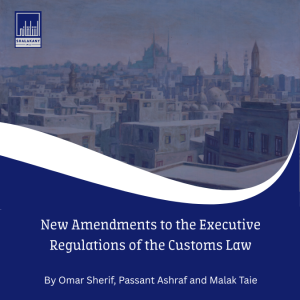After several months of debates, the Egyptian Parliament has given its final approval on the new draft law amending the Egyptian Competition Law No. 3 of 2005 (the “Amendments”). The Amendments introduce the much-anticipated pre-merger control regime replacing the existing post-merger notification regime. The Amendments aim at combatting harmful monopolistic practices while ensuring healthy competition for a diversifying economy.
As we await the publication of the Amendments in the Official Gazette, we provide below a general overview of the key aspects of the Amendments as follows:
General Framework of the Pre-Merger Clearance Regime
The Amendments introduce the pre-merger clearance regime in line with international competition standards. The pre-merger clearance regime will be applicable on economic concentrations, which has now been re-defined under the Amendments, provided certain turnover thresholds are met.
In line with the change of regime, new definitions and assessment mechanisms have been adopted, including a new definition for economic concentrations, a local effects test, and new definitions for control and material impact.
New Turnover Thresholds
As anticipated, the Amendments have introduced new turnover thresholds which ultimately trigger the pre-merger clearance. The turnover thresholds are two-fold:
-
- The annual turnover achieved or the accumulated assets in Egypt for the relevant entities collectively exceed EGP 900 million in the most recent consolidated financial statements, provided that each of the entities have a turnover exceeding EGP 200 million; or
- The global annual turnover or the accumulated assets of the relevant entities collectively exceed EGP 7.5 billion in the most recent consolidated financial statements, provided that the annual turnover in Egypt of at least one of the entities exceeds EGP 200 million.
More guidance on the calculation of the abovementioned thresholds are expected in the executive regulations of the Competition Law, which are expected to be amended within the coming weeks.
Extended Powers
The Egyptian Competition Authority (the “ECA”) has been granted new powers to assess the concentration and approve the same. In this regard, the ECA can now condition its approval on certain corrective measures that must be followed.
Further, the ECA’s assessment is now divided into two phases. For the first phase, the ECA may grant its approval, require certain corrective measures, or may initiate the second phase for a deeper assessment. In the second phase, the ECA may approve, reject or require further conditions from the related parties.
To further broaden the discretionary powers granted to the ECA, the Amendments will allow the ECA to assess economic concentrations which do not surpass the abovementioned thresholds if it is proven that the same hinders, limits, restricts or harms competition. The precise scope of the ECA’s powers and conditions for assessing such economic concentrations are expected to be further addressed in the executive regulations.
Mr. Mohamed Soliman, Chairman of the House’s Economic Affairs Committee indicated that the Amendments come at the right time as Egypt is one of few countries whose competition law does not establish pre-transactional control on economic concentrations which harm competition.



